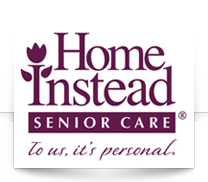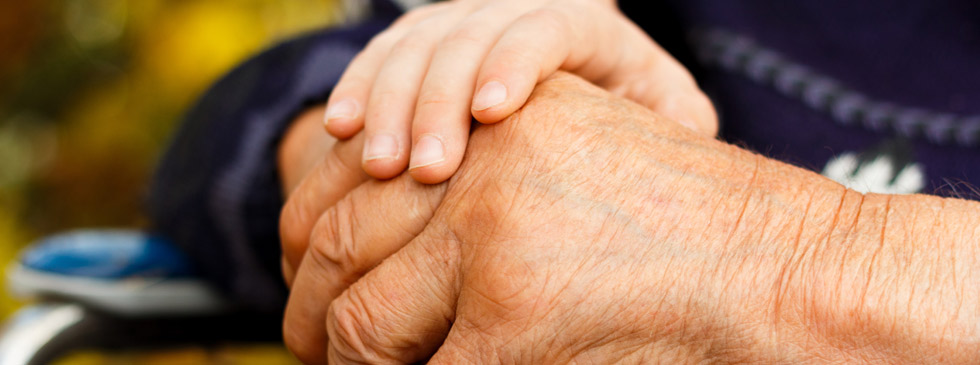Returning Home: Preparing a Safe Home-Pt. 2
Stocking the Refrigerator and Cupboards, Changing the Linens
While you’re getting everything together, don’t neglect the refrigerator and cupboards. If your senior has been gone long, there may be spoiled and outdated food to replace and important staples to replenish.
Gear the type of food you restock the refrigerator and cupboards to the condition that your loved one will be in when returning home. If cooking will be a challenge and he or she doesn’t have adequate help, buy or arrange for nutritious and easy-to-prepare preferably fresh or frozen, if necessary, alternatives. Or consider asking the social worker or case manager to help arrange signing up for a home delivery meal program such as “Meals on Wheels.”
Remember to change the linens and restock important personal and hygiene products that a loved one could need.
Time to Go Home
It’s the day you and your senior have undoubtedly waited for: time to go home! All hospitals and facilities have their own patient discharge procedures but, regardless of their policies, you can be better prepared by ensuring that you have all you and your senior need to be ready when you step out the door.
If you haven’t had time to ask the questions in the beginning of this guide, do it now. Likewise, this could be your last chance before your older loved one departs from the hospital or facility to address his or her equipment needs.
Following is a checklist adapted from the Centers for Medicare and Medicaid Services that can help ensure that you and a loved one haven’t forgotten anything:
- Confirm where your loved one will be going – back home or to a rehabilitation facility or care community.
- Ask staff what your loved one can do to get better.
- Ask about problems to watch for and what to do about them. Write down a name and phone number to call if you have problems.
- Review with medical staff the list of drugs, vitamins and herbal supplements your senior loved one will be taking. Write down a name and number to call if you have problems.
- Confirm the medical equipment your senior will need. Write down a name and phone number to call if you have questions about the equipment.
- Ask if your senior will need help with the following:
- Bathing, dressing, using the bathroom or climbing stairs.
- Cooking, food shopping, house cleaning, laundry, and paying bills.
- Getting to doctors’ appointments, picking up prescription drugs.
- Ask staff to show you and your senior any task that requires special skills such as changing a bandage or taking medication.
- Ask the social worker any final questions about what insurance will cover. If you need help with costs, ask about your options.
- Ask for written discharge instructions and a summary of current health status. Bring this information and list of medications for follow-up appointments.
- Write down any appointments in the coming weeks.
- Get prescriptions and any special diet instructions.
Being prepared will help make you a more confident caregiver and put your loved one at ease.
If you can’t be there when an older loved one goes home from the hospital, a CAREGiver from the Home Instead Senior Care network’s Returning Home program can assist.

